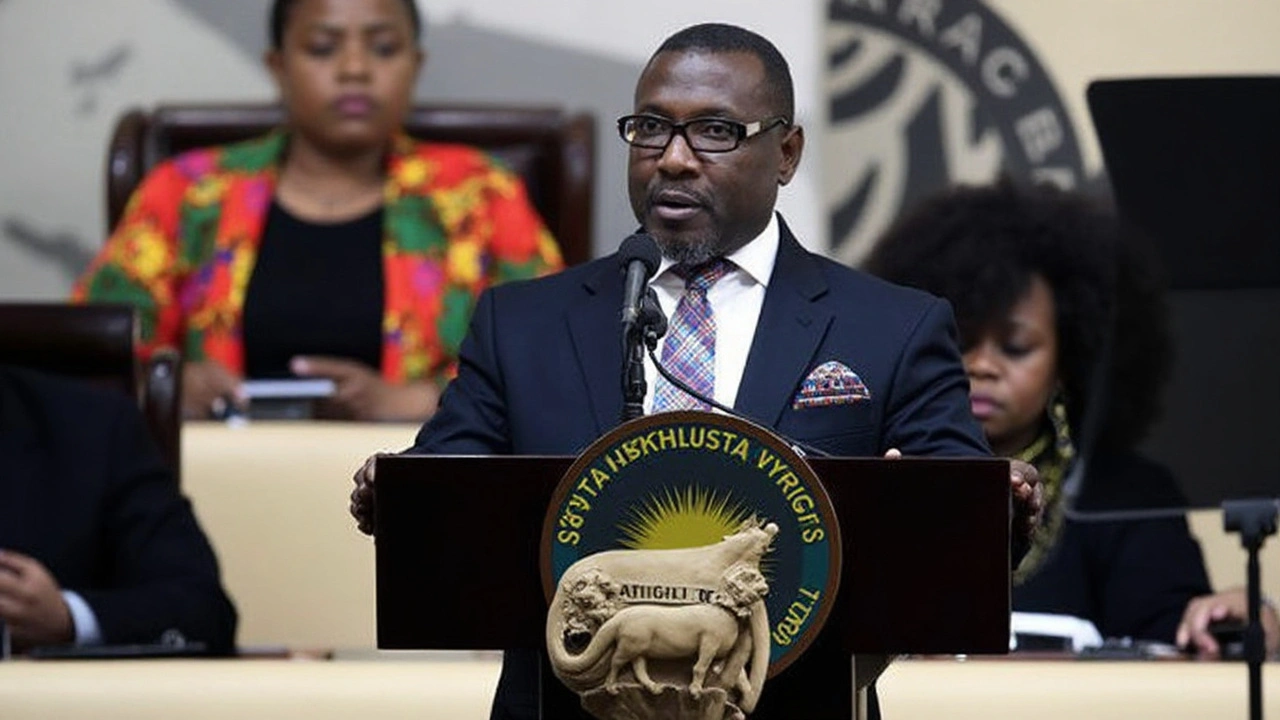Finance Minister News: Stay Updated on South Africa's Key Economic Moves
Wondering what's happening with the finance minister and how it could affect your wallet or the country's economy? You're in the right place. The finance minister plays a big role in steering South Africa's economy, handling the national budget, taxes, and spending plans that impact everything from jobs to public services.
When the finance minister announces a budget or a new policy, it’s more than just numbers—it’s a glimpse into the government’s priorities. Whether it’s adjusting taxes, boosting investments, or managing debt, these decisions can change the economic landscape you live in. That's why following these updates helps you understand what the government plans and how it might influence your daily life.
Why Should You Care About the Finance Minister?
Because their policies affect basic essentials like healthcare funding, education, and infrastructure projects. If public transport fees rise or social welfare programs expand, it’s often linked to the finance minister’s work. Being informed means you can plan better, whether that’s saving money, investing, or just knowing what to expect in the coming months.
Plus, the finance minister’s decisions affect South Africa’s reputation with investors and global markets. A well-managed budget can mean more jobs and economic growth, while missteps can cause setbacks. Keeping an eye on these updates lets you see the bigger picture and understand the challenges and opportunities the country faces.
How Local Morning Star News Brings You the Latest on the Finance Minister
Here at Local Morning Star News, we cut through the jargon to deliver clear, easy-to-understand reports on what the finance minister is doing. From budget speeches to policy changes and economic trends, our coverage keeps you in the loop without the confusion. We focus on what matters to you and your community, offering timely updates and insights you can trust.
So next time you hear about the finance minister in the news, you’ll know why it’s important and what it means for you. Stay tuned with us for the freshest, most reliable finance minister news in South Africa.
South Africa's VAT Increase: A Short-Term Fix to Long-Term Challenges?
South Africa plans to increase VAT to 16% by 2026 as a measure to address fiscal deficits, pairing it with zero-rating on essential foods. Critics argue this approach targets revenue over real reform, while the government sees it as essential for growth and service delivery. Opponents claim it is regressive and suggest cutting spending.
Julian Parsons | Mar, 14 2025 Read More
